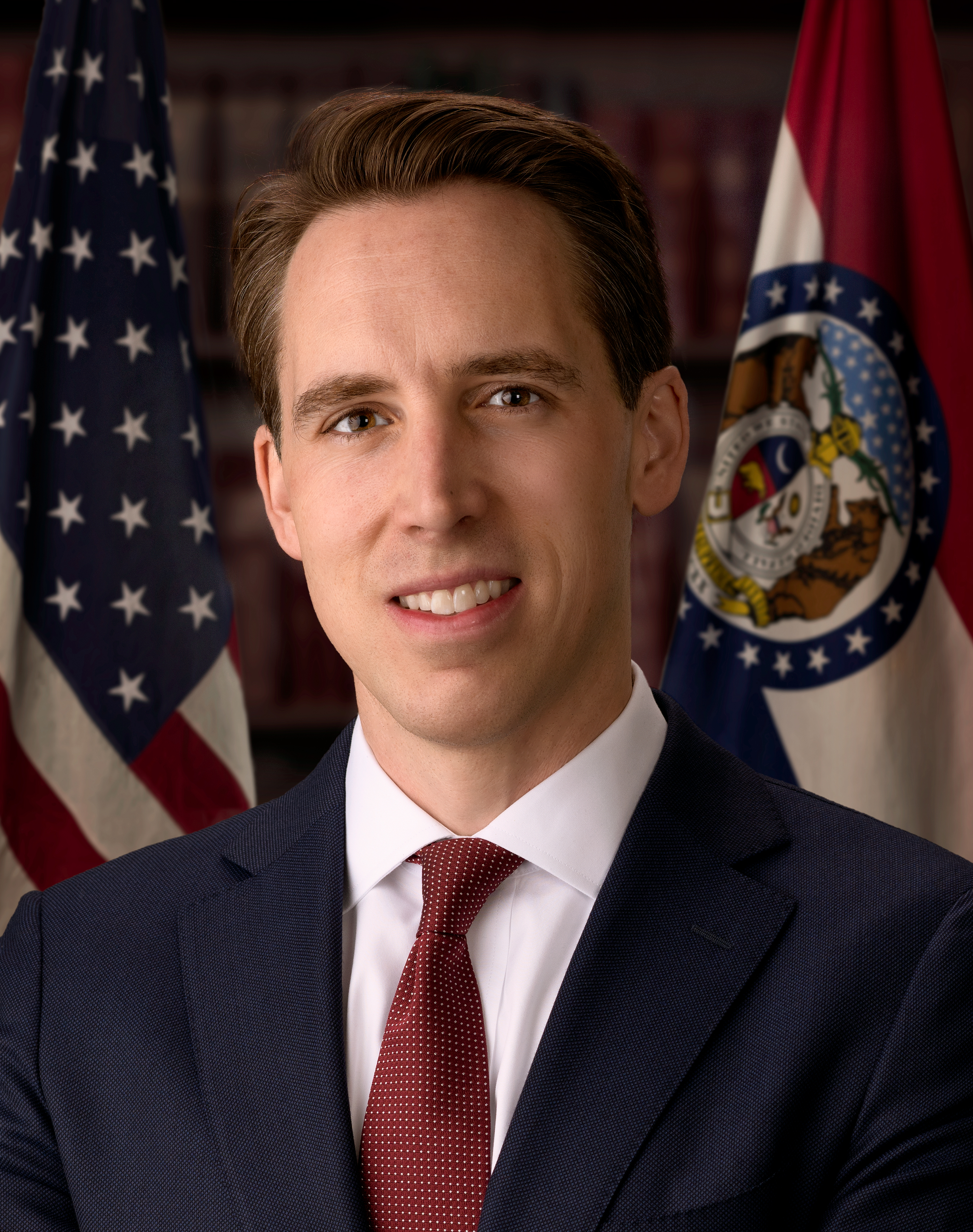Hawley Bill Takes Big Bite Out of Big Tech's Sec. 230 Shield

The smarter way to stay on top of broadcasting and cable industry. Sign up below
You are now subscribed
Your newsletter sign-up was successful
In yet another shot at Big Tech, Sen. Josh Hawley (R-Mo.) has introduced the Ending Support for Internet Censorship Act.
The bill amend Sec. 230 of the Communications Decency Act, which exempts social media platforms from liability for third party postings, to require those sites to provide "politically unbiased content moderation" and submit to an audit and government certification process to establish that.
While some Democrats have also expressed a desire to rethink Sec. 230 in light of the power of social media giants and their use by some of those third parties for election meddling or hate speech, but Democrats have been generally dismissive of Republican allegations of an anti-conservative political bias in Silicon Valley.
Related: Sen. Hawley Stakes Out, Stalks, Big Tech
“There’s a growing list of evidence that shows big tech companies making editorial decisions to censor viewpoints they disagree with," said Hawley of his new bill. "Even worse, the entire process is shrouded in secrecy because these companies refuse to make their protocols public. This legislation simply states that if the tech giants want to keep their government-granted immunity, they must bring transparency and accountability to their editorial processes and prove that they don’t discriminate.”
It would only apply to companies with more than 30 million active users in the U.S. and more than 300 million active users worldwide or more than $500 million in global annual revenue. It would also not apply to any other bias--race, gender, etc.
The bill would require not only that a site "does not moderate information provided by other information content providers in a manner that is biased against a political party, political candidate, or political viewpoint," but that it be able to prove to a majority of the Federal Trade Commission that it not have done so for two years prior to its application for a certification that it is in compliance with the amended section of the Act requiring no political bias.
The smarter way to stay on top of broadcasting and cable industry. Sign up below
The bill would also establish a process for content providers to submit complaints about alleged political bias.
Hawley has called the Sec. 230 liability exemption a sweetheart deal, which he did again Wednesday (June 19), that had to go.
“Senator Hawley’s misguided legislation sets the table for stricter government control over free expression online," said Americans for Prosperity policy analyst Billy Easley. "Eroding the crucial protections that exist under Section 230 creates a scenario where government has the ability to police your speech and determine what you can or cannot say online. Senator Hawley has argued that some tech platforms have become too powerful, but legislation like this would only cement the market dominance of today's largest firms. This bill would punish success in the next generation of innovative startups and prevent them from achieving their full potential. Lawmakers should reject this legislation."
Contributing editor John Eggerton has been an editor and/or writer on media regulation, legislation and policy for over four decades, including covering the FCC, FTC, Congress, the major media trade associations, and the federal courts. In addition to Multichannel News and Broadcasting + Cable, his work has appeared in Radio World, TV Technology, TV Fax, This Week in Consumer Electronics, Variety and the Encyclopedia Britannica.

